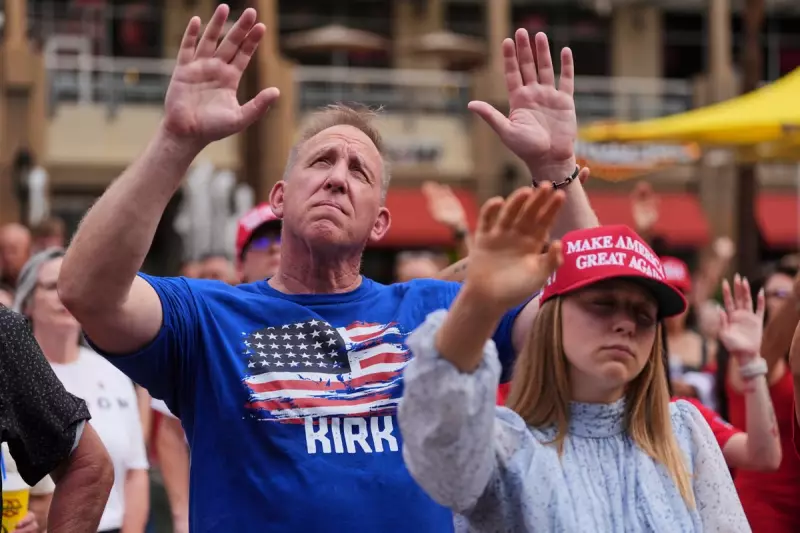
A firestorm of controversy has erupted in American religious and political circles after a prominent Southern Baptist pastor declared Catholicism a "demonic" and "false religion" during a radio interview.
Controversial Comments Ignite Fury
Reverend Robert Jeffress, pastor of First Baptist Church in Dallas and a longtime supporter of Donald Trump, made the inflammatory remarks on conservative commentator Charlie Kirk's talk show. When questioned about the vice-presidential nomination of J.D. Vance, a Catholic convert, Jeffress did not hold back.
"I mean, who cares?" Jeffress stated, dismissing concerns about Vance's faith. "Catholicism is a false religion. It teaches another gospel. And anyone who believes that false gospel is lost and apart from God."
Catholic Leaders Issue Stern Rebuke
The comments prompted an immediate and forceful response from Catholic leaders. CatholicVote President Brian Burch condemned the remarks as "reckless, offensive, and patently false," highlighting the irony of such attacks occurring during Christian Unity Week.
"It is both sad and scandalous that Pastor Jeffress would use such irresponsible language," Burch stated, emphasising that Jeffress does not speak for all evangelical Christians.
Political Fallout for Trump Campaign
The controversy creates an awkward predicament for Donald Trump's presidential campaign. Jeffress has been a staunch political ally, speaking at events surrounding Trump's 2017 inauguration. Meanwhile, J.D. Vance's selection as running mate was seen as a move to consolidate support among religious conservatives.
This public division exposes the complex religious dynamics within the Republican coalition, where evangelical Protestants and conservative Catholics have largely found common political cause despite theological differences.
A Pattern of Inflammatory Rhetoric
This is not the first time Pastor Jeffress has courted controversy with remarks about other faiths. He has previously made disparaging comments about Islam, Mormonism, and Judaism, establishing a pattern of interfaith criticism that continues to draw condemnation.
The incident raises questions about the role of religious rhetoric in political campaigns and the challenges of maintaining unity among diverse conservative religious groups in the United States.





